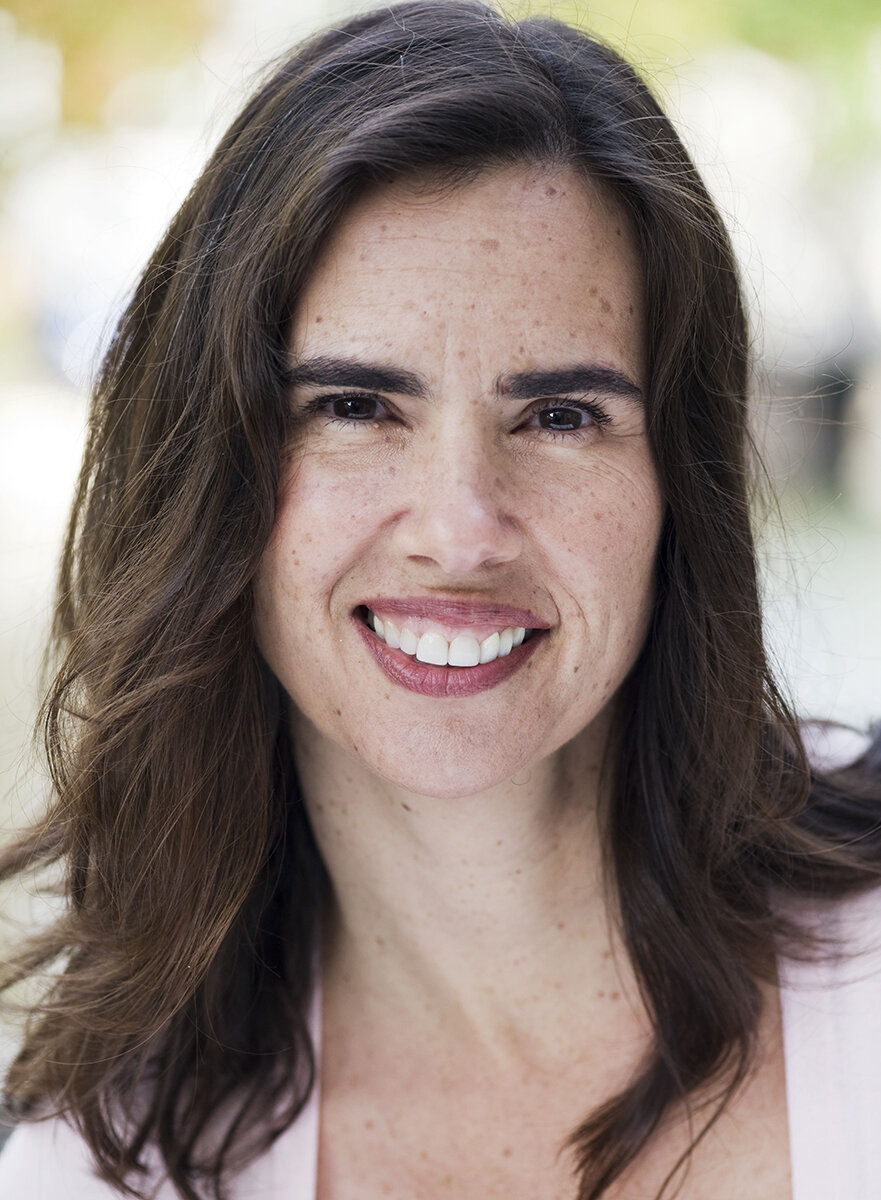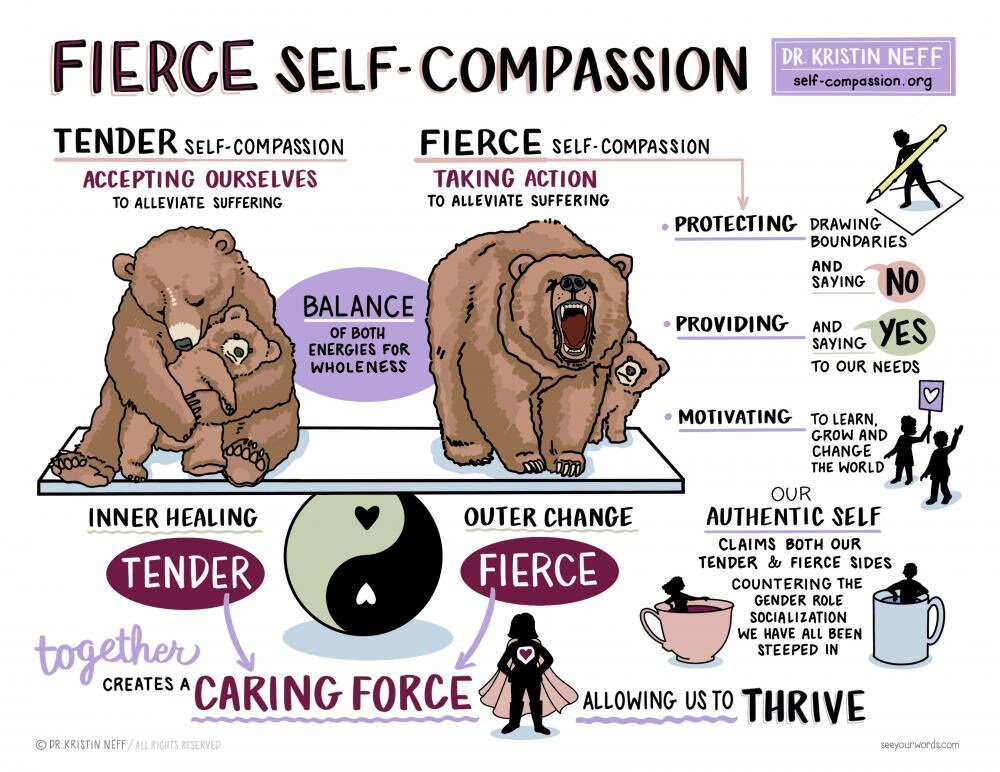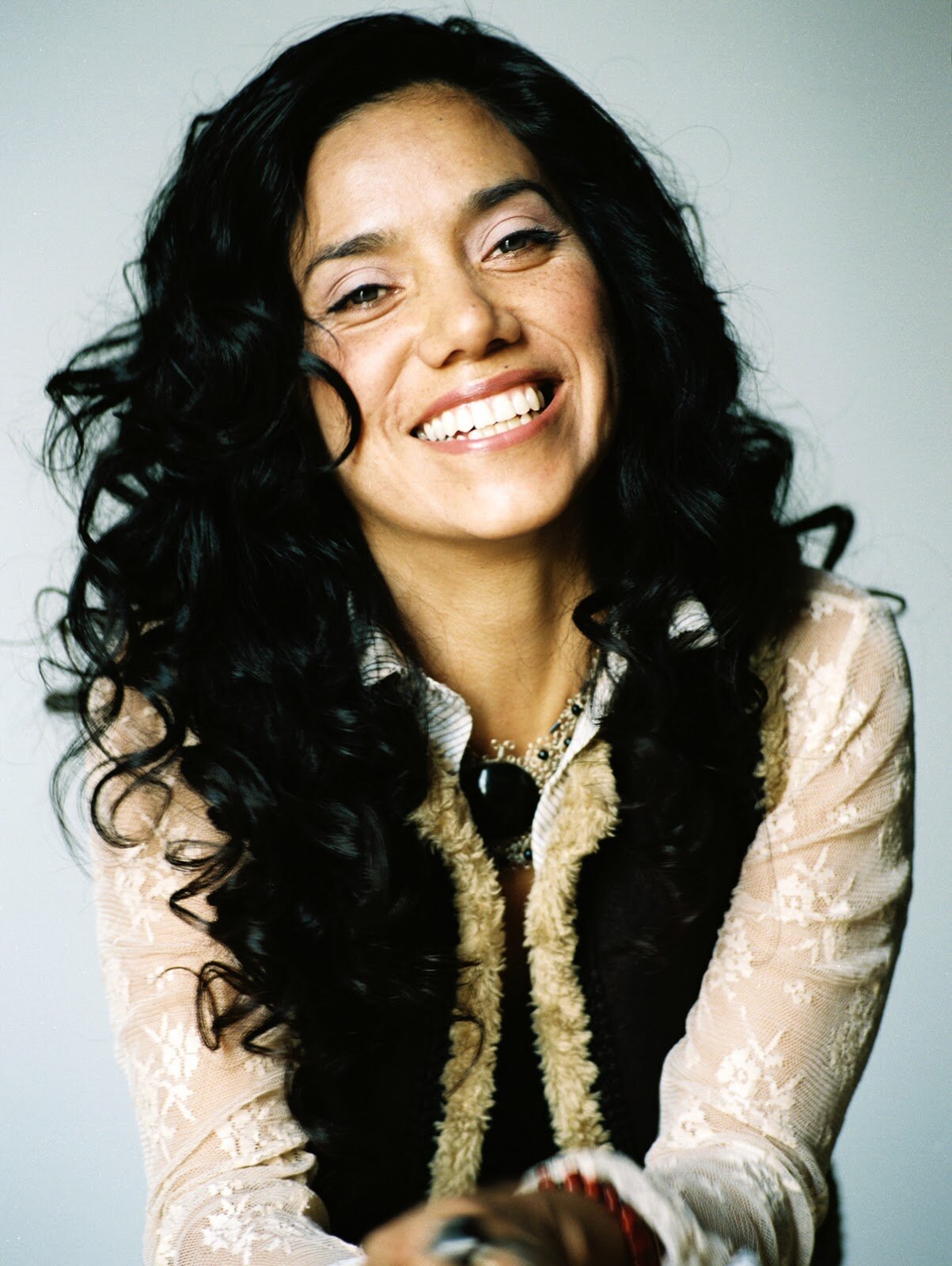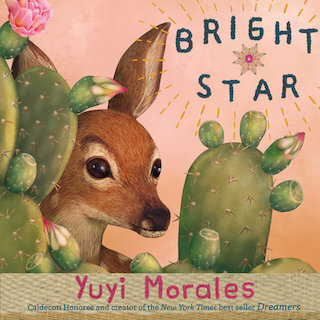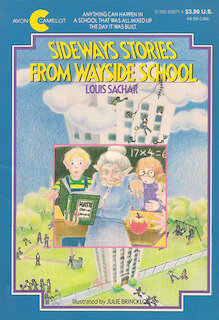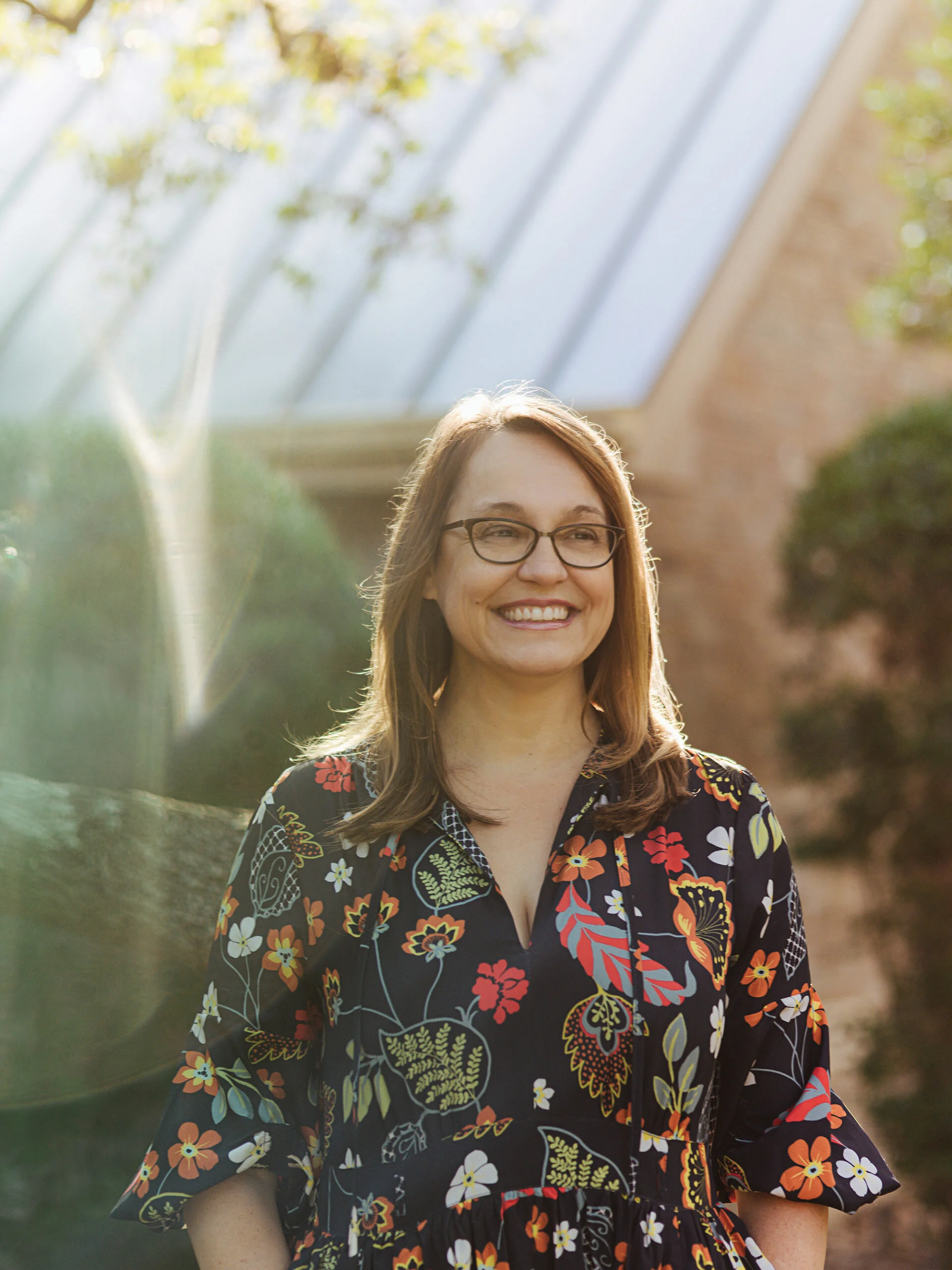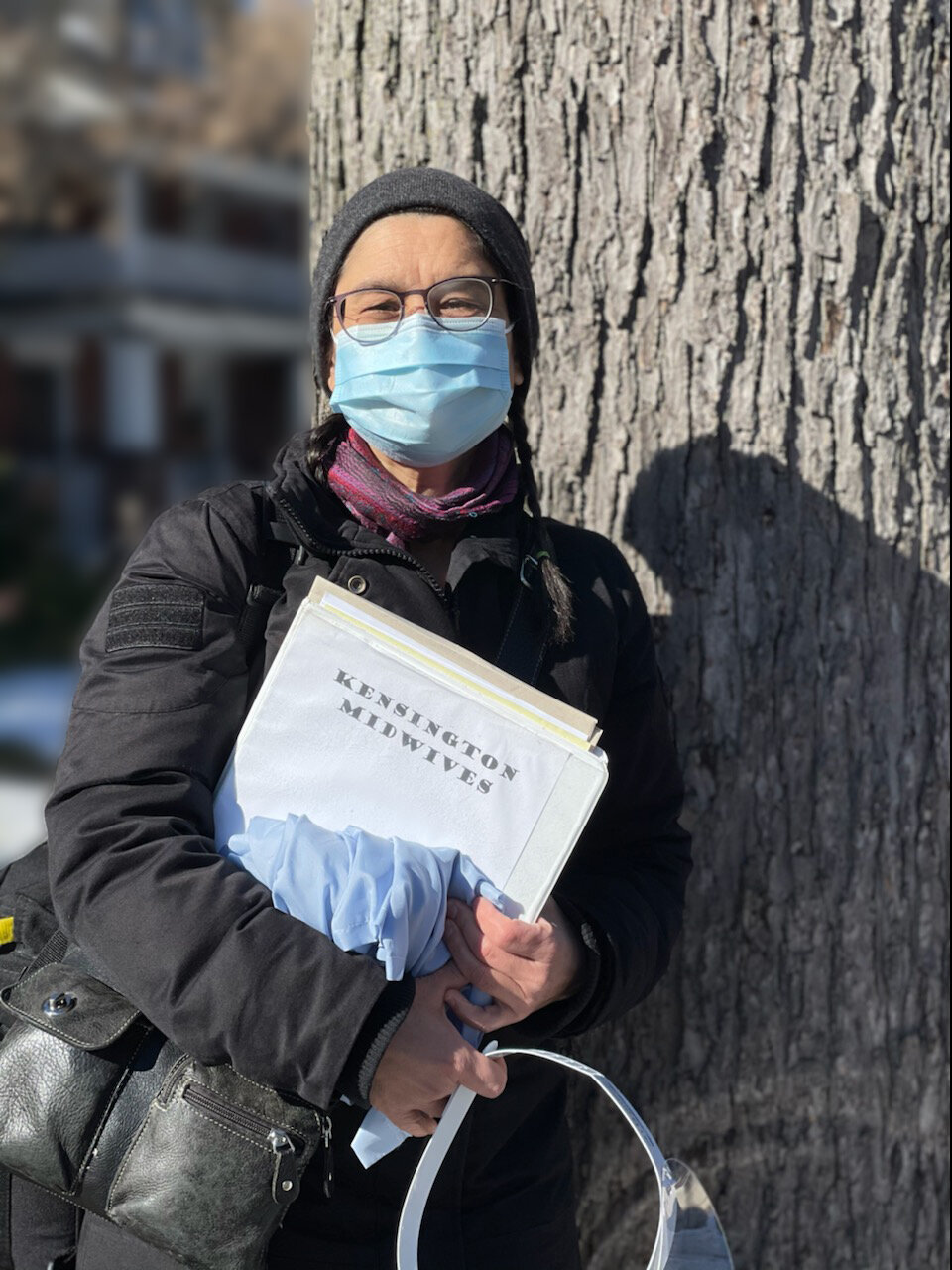I discovered Dave Eggers in the late 90s when the Internet was all belts and pinions and the only two comedy websites that I remember reading were The Onion and McSweeney’s.
The Onion’s site was the notorious outcropping of a campus comedy newspaper from Wisconsin and McSweeney’s was founded by a publishing dynamo Whiz Kid named Dave Eggers who’d worked at places like Wired and Might Magazine, which he’d cofounded out in San Francisco.
In 2000 Dave’s ‘anti-memoir’ A Heartbreaking Work of Staggering Genius came out and, no big deal, was nominated for the Pulitzer Prize. I loved the book and the seemingly endless creative fireworks Dave was capable of producing.
What happened in the twenty years since?
Well today Dave Eggers is one of the most celebrated writers in the world — he’s written bestsellers like The Circle, A Hologram For The King, Zeitoun and won or been nominated for endless awards including the TED Prize, The Salon Book Award, Time’s 100 Most Influential People, The National Book Critics Circle Award, the International Dublin Literary Award, and the list goes on.
Dave is also co-founder of 826 National which is a non-profit dedicated to tutoring and helping students age 6 - 18 with writing. (The organization helps over 100,000 students a year.) Oh, and Dave’s written screenplays like Away We Go, together with his wife Vendela Vida, and The Wild Things, the Spike Jonze-directed adaptation of Where the Wild Things Are by Maurice Sendak.
Is that it? No! He’s also a painter. His art has been exhibited at The Museum of Contemporary Art in Detroit, The Nevada Museum of Art, The Biennial of the Americas and many other art galleries around the world. More recently, his training as an artist was put to use in a fabulously quirky book called Ungrateful Mammals.
His latest book The Museum of Rain is about to release. I read it and loved it and was so excited to talk to him about it.
He called in from a landline for our chat because he is known for being off the grid. No wifi and no smartphone!
I was nervous and, to help the interview along, I completely mismanaged my time, so the whole thing may or may not dissolve into complete disarray by the end. But we somehow still managed to discuss: spying, life without smart phones, the ethics of Alexa, how to get boys to read, cheering for the underdog, the problem with Rotten Tomatoes, the joys of old old laptops, the tradeoff between convenience and surveillance, making art in an algorithmic society, and of course the incredible Dave Eggers’ three most formative books…
Let’s flip the page into Chapter 81 now …
What You'll Learn:
What are the trade-offs between surveillance and convenience?
Why do we give away our privacy so easily?
How do we figure out which companies to trust?
How can we help kids find their way to books on their terms?
How do we carve out mental space for ourselves?
How do we make art and ignore the algorithm?
How do we consume art?
What is particular about the podcast art form?
How does great art shine in today’s shallow world?
What is the problem with Rotten Tomatoes?
And much, much, more
Notable quotes from dave eggers:
“I got everything I sort of wanted from technology in the nineties.” Dave Eggers #3bookspodcast
“You’ve got to meet readers, whoever they are, where they are.” Dave Eggers #3bookspodcast
“Great work will get passed around hand to hand.” Dave Eggers #3bookspodcast
Connect with dave:
Word of the chapter:
additional note on chapter:
Dear listeners, I was notified after this chapter was recorded that The Museum of Rain’s audio book would be published by McSweeney’s and not Scribd. I wasn’t told why and I didn’t ask. Suffice to say, if you are looking for the audio or hardcover copy of The Museum of Rain, head over to McSweeney’s…- Neil
Resources Mentioned:
Dave’s first book [33:39]
Dave’s second book [44:29]
Dave’s third book [55:48]
Your Fathers, Where Are They? by Dave Eggers
Heroes of the Frontier by Dave Eggers
Why We’re Polarized by Ezra Klein
Invisible Man by Ralph Ellison
Your Disgusting Head by Doris and Benny Haggis On Whey
How Music Works by David Byrne (collaboration with Dave Eggers)
The Master and Margherita by Mikhail Bulgakov
















